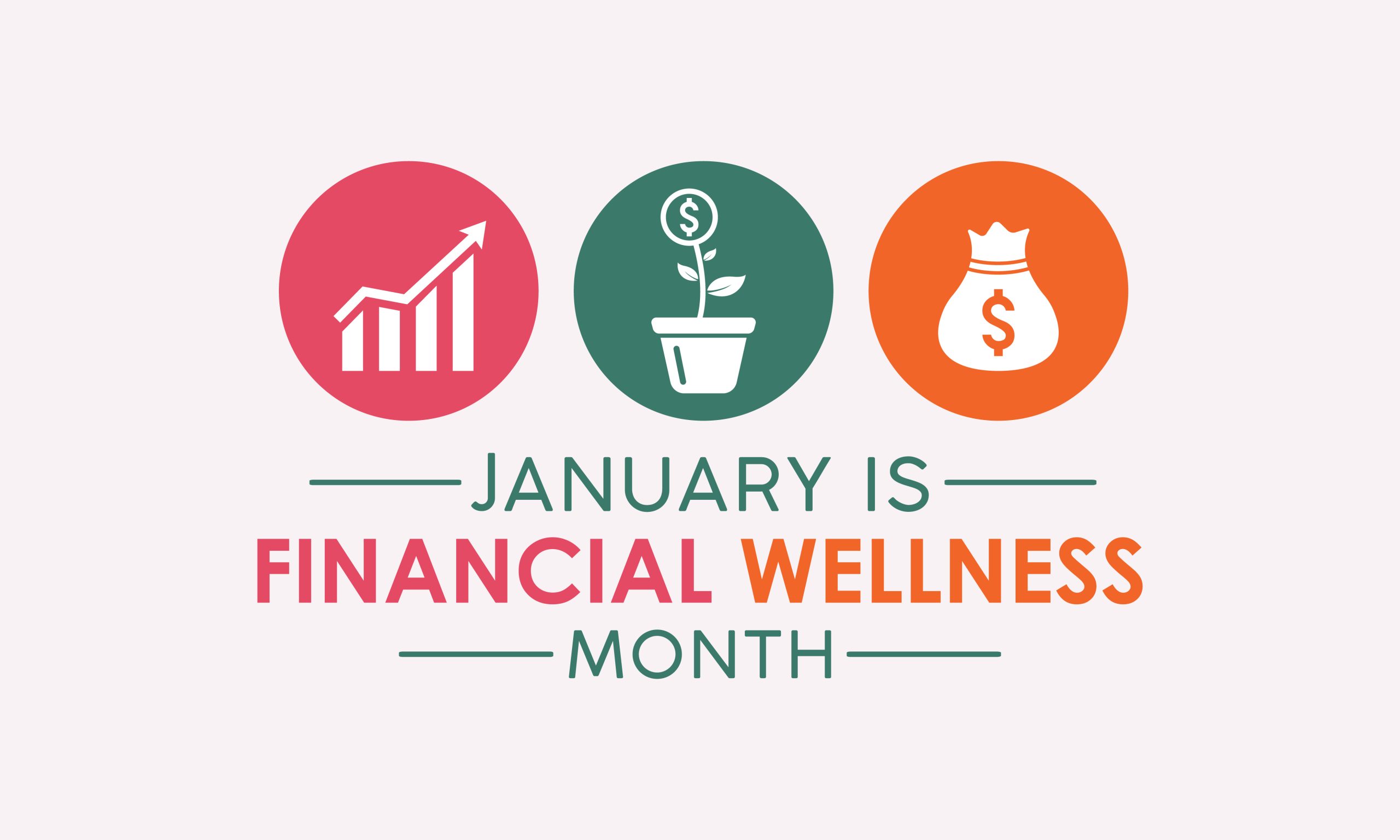How you save money, spend money, and make financial decisions can impact you and your loved ones in many ways. It’s important to begin developing good financial habits early, and at EKS Associates, we believe in providing individuals with actionable guidance.
As part of our Intergenerational Family Wealth Planning offering, we are writing a series of articles focused on the most common financial mistakes people make in different decades of their life.
Today, we begin with the mistakes people make in their 20s.
Our 20s represent a very transitional decade. Early on, individuals are likely completing college degrees or moving on to graduate programs. First (full-time) jobs are secured, and for the first time, many individuals become responsible for managing their finances, running a household, and possibly paying down debt. It is natural, at this time, to feel fear and even apathy, combined with a lack of financial literacy.
The fear comes from the only life experience being the Great Recession of 2008 and the low interest rate environment that followed. You may fear investing because of this time. It may be irrational, but it is real.
The apathy comes from having little experience with earnings or savings. You may think, “Why should I save it? I can’t earn anything in the bank. There is no reward unless I invest it in the stock market – which I am afraid to do.”
You can alleviate these fears through education and financial literacy. Educating clients and their families is very important to us at EKS. It is why we created a formal Intergenerational Family Wealth Planning service offering, designed to teach young individuals about the importance of compounding interest, saving, budgeting, and how to make smart financial decisions at every stage of their lives.
Below are nine common mistakes people in their 20s make and how you can develop good financial habits early in your life.
Financial Mistake #1: Not Developing a Budget
It is very common for individuals in their 20s to have no idea how much money they spend in a month or how much they can afford to save. When responsibilities are few and far between, this may not seem like a big deal. But as financial obligations become more complex, having a budget can mean the difference between living comfortably and falling far into debt.
Understanding what cash is coming in and what cash is going out is a very basic, but extremely important, concept. For most twenty-somethings, the cash coming in is limited to salary and bonus; and since bonuses are not typically guaranteed, we recommend not factoring it into cash flow until received. Cash outflows are living expenses, such as rent, memberships, utilities, and food, as well as things like insurance and debt repayments.
When creating a budget, remember to use net pay, not gross pay, when determining how much you can spend and save. We recommend tracking your expenses so you know exactly how and where you are spending your money. You can get this information from your bank statement, checkbook, and credit card statements. You can track these expenses in several ways, ranging from a simple Excel spreadsheet to desktop applications like Quicken, or on-line using websites like Mint.com and NerdWallet.com. Review your budget monthly to ensure your expenses are not exceeding your income.
Financial Mistake #2: Not Creating a Formal Savings Plan
Once you determine your income and expenses, the difference is your discretionary income. Do not spend all of this “leftover money.” Consistently saving for short- and long-term needs and wants is vital to gaining financial independence. Create a formal plan for savings that includes making automatic contributions to a retirement account directly from your paycheck, and maybe an automatic sweep from your bank account into a brokerage account to fund investments.
Financial Mistake #3: Not Having an Emergency Fund
When planning how to use discretionary income, create a savings account that can provide for emergency needs – such as if you were to lose your job or become sick or injured. We recommend having at least six months of cash needs in a liquid bank account.
Financial Mistake #4: Not Maintaining a Strong Credit Rating
A good credit rating helps you gain access to more credit, such as auto loans and mortgages. In contrast, a bad credit rating impacts you more than just limiting access to debt. Since you are considered a higher risk borrower, it increases your cost to borrow by raising the interest rate a financial institution charges and can also increase your insurance costs.
The fastest way to build strong credit is to use your credit (i.e., charge all your expenses) and pay it off immediately. This establishes a good history.
To learn about your credit rating, request a free credit report from AnnualCreditReport.com. You are entitled to a free copy of your credit report every 12 months from each credit reporting company (TransUnion, Experian, and Equifax). Review each report carefully to ensure everything is correct and up-to-date. If you see a mistake, take steps to rectify it immediately.
Tip: Request a report from a different credit reporting agency every four months. This strategy allows you to keep better tabs on activity throughout the year.
It’s also worth noting that the FICO System is changing, and understanding the nuances can help you manage your credit score better. We discuss this in our article, “Change in FICO System Could Affect Your Credit Score.”
Financial Mistake #5: Not Managing Debt
Debt includes student loans, auto loans, mortgages, and consumer debt (i.e., credit cards). Some debt is good, and some are bad. If you fail to make timely payments on any of the debt, it impacts your credit rating (see Financial Mistake #4).
Mortgage debt is an example of good debt because you are financing something that should increase in value. Bad debt, such as consumer debt, is incurred when you purchase stuff or go on vacation and can have high-interest rates. You gain no benefit by incurring this kind of debt, other than the immediate satisfaction of purchasing something you cannot afford. It is important to understand that if you are only making minimum payments on this debt, the interest you are paying on the outstanding balance could be significant over time, even doubling the amount you have to pay.
If you have already incurred consumer debt, look for a credit card offering 0% balance transfer promotions. Transferring the debt allows you to pay it off without incurring interest for a set period. Then, revisit the concept of creating a budget to avoid problems in the future.
Financial Mistake #6: Not Contributing to Retirement Accounts
If you are lucky enough to have a job that includes a retirement plan (e.g., a 401(k) or 403(b)), you should dedicate a percentage to contribute pre-tax from each paycheck. If you do not have access to an employer-sponsored plan, consider opening an IRA at a discount brokerage firm. The amount grows tax-deferred over your lifetime. Considering the effect of compounding, the growth on even small savings early in life can have a big impact on your future financial independence.
Tip: Contribute a percentage of your pre-tax income to a retirement account, rather than a specific amount. This way, your contributions automatically increase when you receive a raise.
You may also want to consider a Roth IRA or Roth 401(k). Contributions to this type of account are made with after-tax dollars and thus grow tax-free. Unlike the Traditional 401(k) or IRA, however, the contributions provide no current tax benefit.
Financial Mistake #7: Fearing and Avoiding the Stock Market
During the Great Recession of 2008, stocks plummeted 40-50%. This drop is the memory that most twenty-somethings have of the stock market. It has paralyzed some potential investors from investing their savings. The Great Recession had a short-term effect on the market – even though it felt long when we were in it. The market has increased dramatically ever since. Speak with a CERTIFIED FINANCIAL PLANNER™ professional and educate yourself on the risks associated with the market, as well as the impact of diversifying your portfolio. Once you have an emergency fund established and have started contributing to a retirement plan, it is time to consider an investment portfolio.
Financial Mistake #8: Mismanaging Bonuses and Raises
Most people spend their bonus and raise before they even receive it. We’re not saying you can’t get yourself something special with the new funds, but when it comes to saving, every little bit helps. So, if you receive a bonus, plan to save at least a portion of it for the future. When you get a raise, automatically increase your savings to your retirement plans (if you’re contributing an amount and not a percentage), and if possible, increase contributions to your brokerage account.
Financial Mistake #9: No Health or Liability Insurance
People often try to reduce expenses in these areas by accepting the risk that they may need insurance and won’t have it. This is a high-risk strategy that can significantly impact your journey to financial independence if you guess wrong. Speak with a financial planner or experienced insurance professional to determine what level of insurance you should have, given your age, health history, and lifestyle.
It is important to start with good financial habits. Avoiding money mistakes in your 20s and becoming educated on wise investment strategies can make a huge difference as you enter your 30s and 40s, and even have an impact on how and when you choose to retire (as far away as that might seem).
It’s never too early to meet with a CERTIFIED FINANCIAL PLANNER™ professional to map out a strategy that will guide you on your journey to financial independence.



